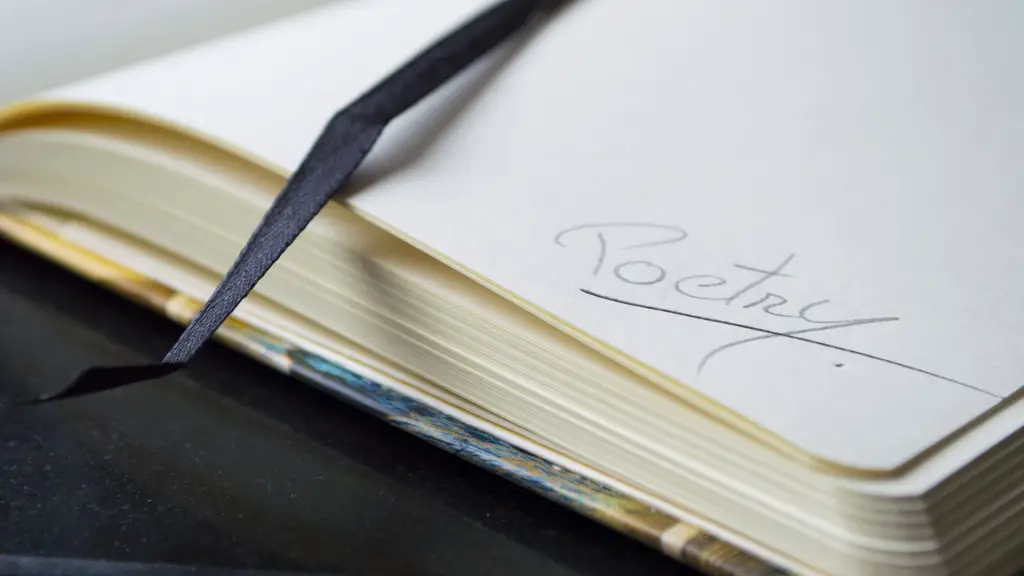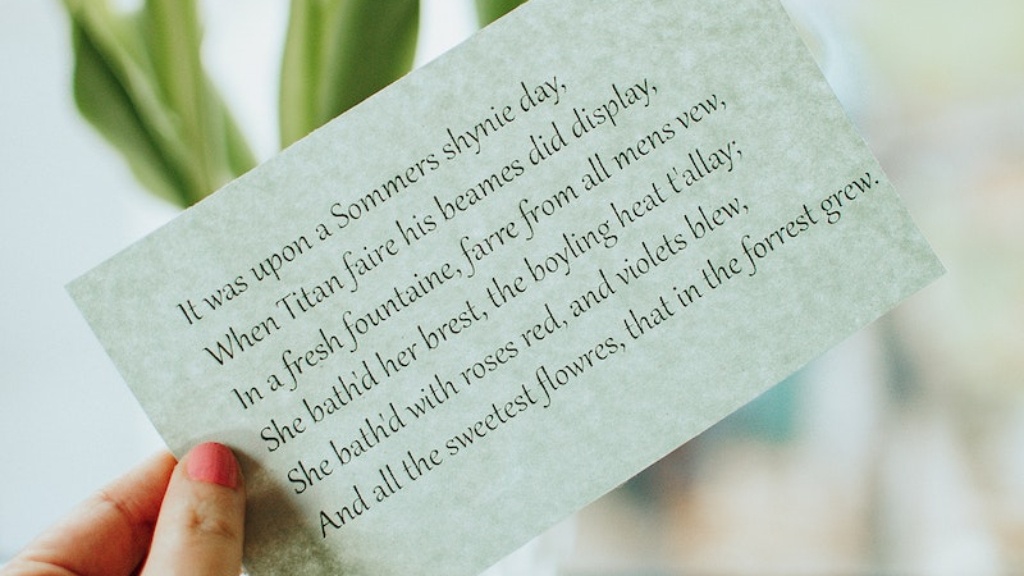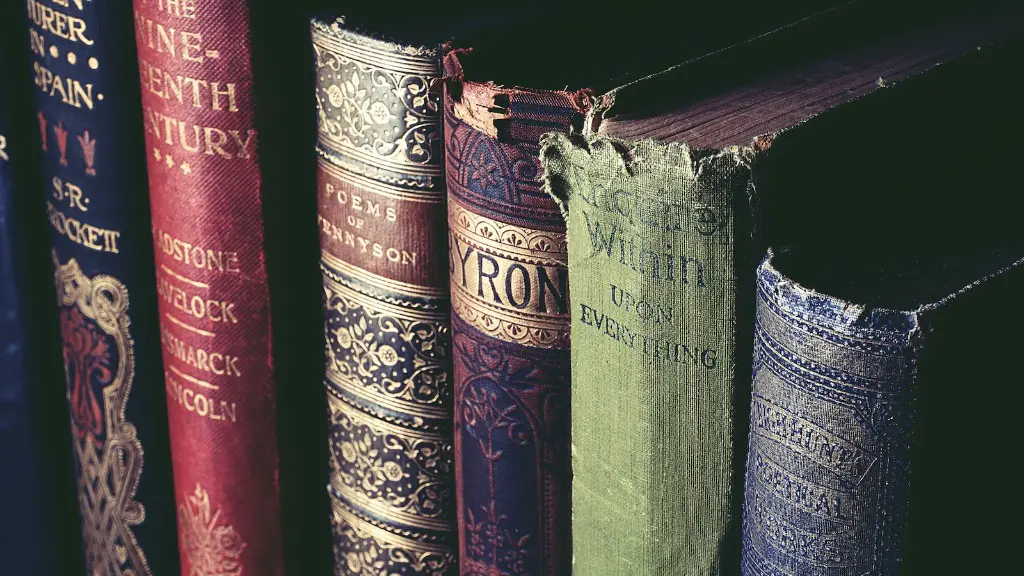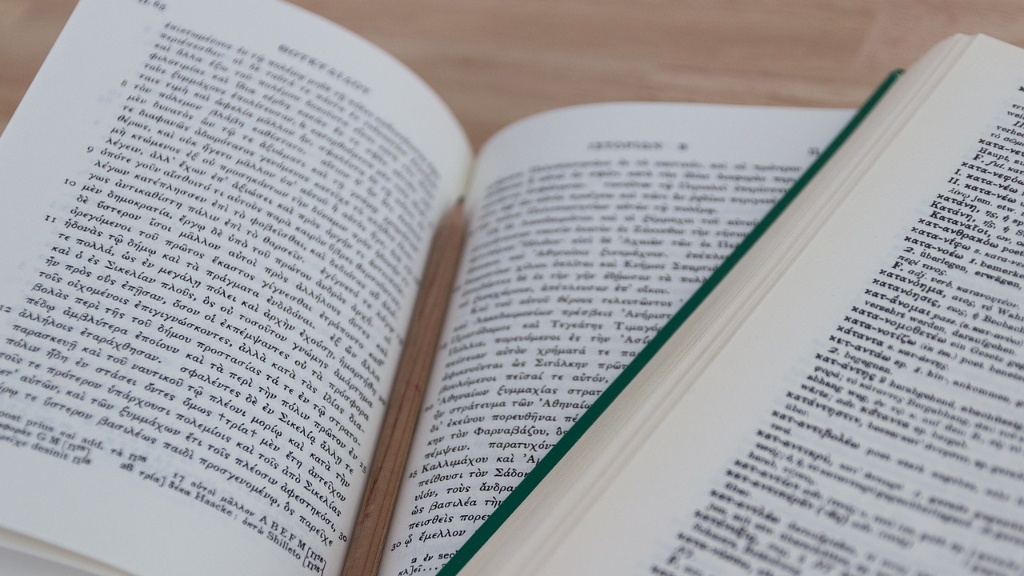The Start of Walt Whitman’s Career
At a young age, Walt Whitman’s first discovery of literature came from the various newspapers that filled the streets of Brooklyn, New York – where he was born.
As a young poet and free spirit, he spent his time reading the local papers looking for stories and content that spiked his interest.
Living in a time where the industrial revolution collided with slavery and the Civil War, print media was prevalent and booming.
It was in the local daily paper and bi-weekly magazines where Whitman was tutored as an apprentice in the early years of his writing career – understanding the basics of print media and taking every opportunity to get his work out there.
By 1835, Whitman was writing many poems and establishing himself as an insightful and interesting poet. As he continued writing, his work was explored by the literary community and frequently published.
Success allowed him the opportunity to write for various periodicals and newspapers, formally joining the world of journalism.
Whitman Becomes a Journalist
At the age of 27, Whitman wrote for various publications in the Brooklyn area, his poetical talents offering insight into real life stories.
In 1840, Whitman published ‘The Long Islander’, a weekly paper based in Huntington. Alongside the typical content featured in a newspaper such as events and political issues, Whitman’s contribution of literature and probing commentary was welcomed positively.
He further sharpened his skills by writing for the ‘Brooklyn Eagle’. Here, he wrote several pieces, becoming an assistant editor in 1846. It was in this position that he discovered his passion for political activism as he wrote several editorials.
Whitman’s discussion on the slavery issue specifically caused a stir. He wrote powerful pieces advocating the morality of slavery and its effects on individuals.
As he left ‘The Brooklyn Eagle’ in 1848, it is evident that Whitman had begun his passionate campaign for the anti-slavery cause. His open support for national unity through his writing was the turning point for his career.
Whitman’s Notable Writings
As his career as a journalist progressed, Whitman wrote for various papers, not only producing articles but also poetry and song lyrics.
In 1850, he published ‘The Children of Adam’. This was a voluminous collection of 12 poems key to his Leaves of Grass collection, exploring themes of love and democracy.
An extract from this reads, “I am the hounded slave, I wince at the bite of the dogs”. This piece discussed the harsh reality of slavery and the effects of discrimination that many individuals faced in his time.
Shortly after, an article that truly cemented Whitman’s legacy, was published in 1855 – Leaves of Grass. Through this collection, he established himself as an important realist poet and as a pioneer of his own style of poetry.
Whitman’s Legacy
In total, Whitman wrote for seven Brooklyn newspapers, from the Brooklyn Standard and The Freeman in the 1840s to The Brooklyn Daily Times and Long Islander in the 1860s.
He wrote with passion and eloquence, advocating unity, equality and love for all. As a creative writer, he examined topics like slavery, urban life and nature with insightful precision as he wrote for various publications.
To date, many interpretations of Whitman’s work identify him as a major figure of American literature, with newspapers and bi-weekly magazines publishing stories based on his life and struggle as a thinker in his time and beyond.
The Art and Ethics of Journalism
Overall, Whitman explored the art and ethics of journalism and gave a voice to those who were affected by the injustice of slavery. His messages preserved in his writings remain prominent today, with many historical references to his work still being explored.
His focus on exploring real life stories and experiences of his time allowed the masses to understand the pain and struggles experienced. We remember Whitman not only for his genius in writing and poetry, but also for his passion in journalism which countless individuals are inspired by today.
Whitman’s Support of Slavery
Whitman was a vocal supporter of slavery and its abolition in the mid-19th century. He openly wrote several editorials on the issue and advocated for equality among all citizens.
In a newspaper column of 1856, he wrote, “progress is only possible when all individuals are universally acknowledged as being equal”. This was a strong opinion and it was in this opinion that many rallied for the abolition of slavery.
Through his writing, Whitman was determined to get his message across not only to the citizens of his time, but also posterity. His purpose was to drive real change, sparking a thought process to open the eyes of his audience – challenge the status quo and push for a new wave of change.
Whitman’s Reformation Of Print Media
Before Whitman, the content of newspapers revolved around politics and traditional poemical works. He wanted to see a different kind of print media – one which aimed to bridge the gap between literature, real life and the everyday individual.
The poet found a way to harmonise his personal thoughts on the contentious issue of slavery with the traditional journalistic style that was used throughout the newspaper world. Whitman noted that poetry and prose could be used to convey meaningful messages, rather than solely the analytical opinions of previous journalists.
Having said that, Whitman was aware of the battle between the transient nature of poetry and the constant journalism. This was a battle he always fought throughout his career and hence, it was through literature and journalism that Whitman used to push his anti-slavery campaign.
Whitman’s Impact On Journalism
In his journal, Whitman wrote, “Just as the intuition of beautiful nature gives manifold delight, so should the written word possess that power”. His words ring true today as many journalists strive to emulate Whitman’s style in their reporting.
His writings showed the potential of journalism – the power to bring stories to life. As a journalist, Whitman experienced a world of discerning news and literature.
The idea that poetry could be used for greater good had not only been exercised by Whitman, but also by the contemporary journalists of his time.
Today, Whitman’s work has impacted journalism. His understanding of poetry and the power of the written word has inspired writers, as many strive to achieve this admirable feat of exploring real life stories and societal issues.





